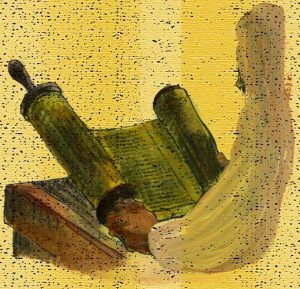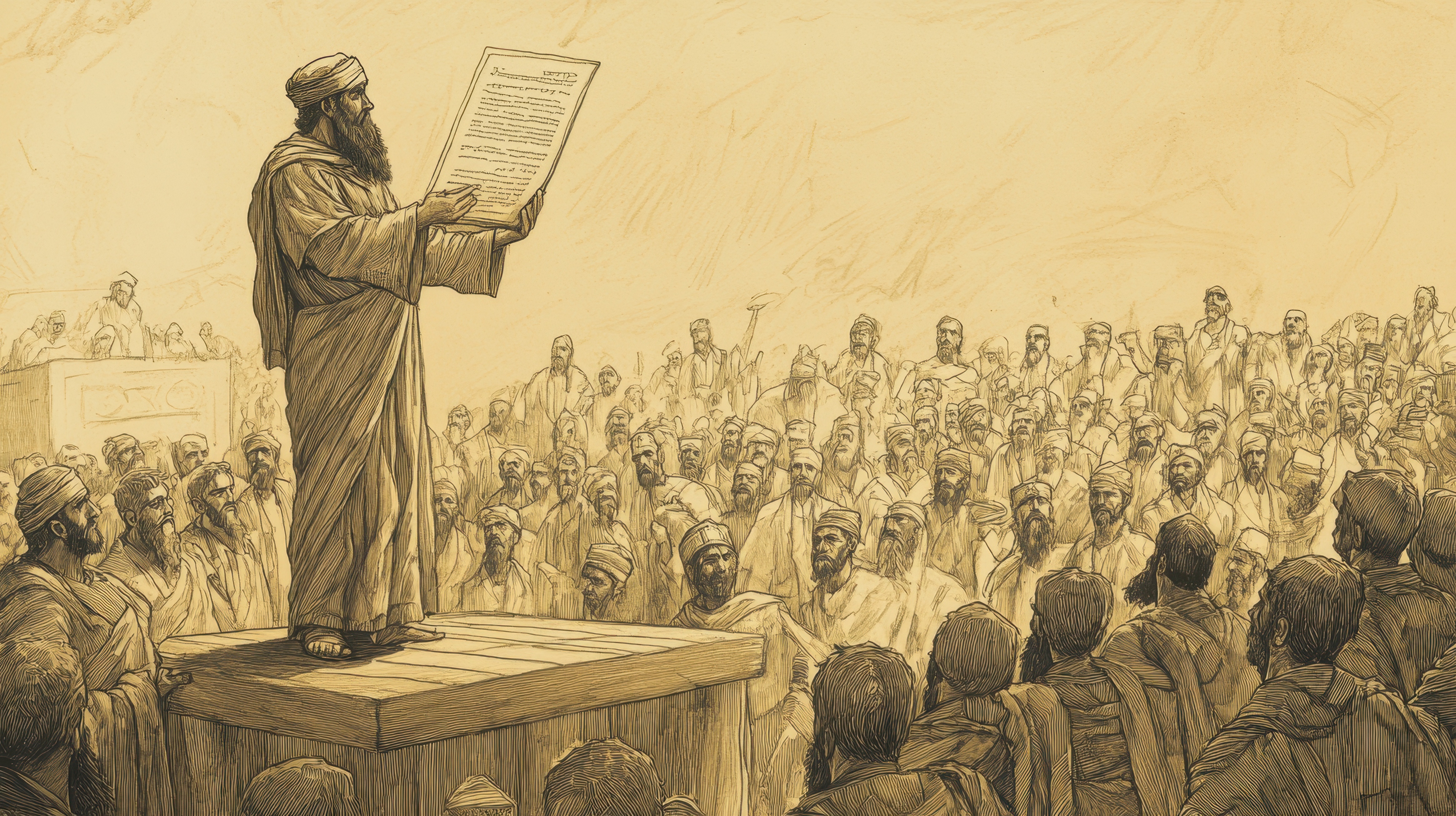Juke 4:16-30 A Most Unwelcome Welcome

Jesus is visiting His hometown today. He has been going to the synagogue since He was a child. He has probably been reading in the synagogue too since His bar mitzvah. But today was different.
When Jesus left Nazareth to start His ministry He first went to be baptized by John. From there He went into the wilderness. When He came out He was different. He came out walking in the power of the Holy Spirit. Jesus then began His work using Capernaum as His home base. He did miracles in the region around His new base of operations. Now He comes home.
This may have been Jesus’ first time home since coming out of the wilderness. No one was surprised to see Him in the synagogue that morning, nor were they astonished to learn that He was going to read. This was totally normal for Him. I wonder how many times He had expounded upon the scriptures in their hearing over the years. I wonder if it was prearranged for Jesus to be given the scroll containing Isaiah’s writings. Did Jesus request this scroll or did God put His finger in here? Jesus knew His Torah well and easily found the passage He wanted to highlight.
The verses that Jesus read held two meanings. I believe they were initially written to describe the mission God had given to Isaiah, but they were most assuredly also prophetically referenced Jesus. He was the epitome of these verses. That is why He stated “Today this scripture has been fulfilled in your hearing” (verse 21).
Everyone listening was pleased with His reading and interpretation, so far. They were even complementing each other about this home town boy who made good. “Is not this Joseph’s son?” (verse 22). They had heard all the good reports of His ministry in Galilee. But Jesus didn’t stop there.
Jesus then told the people listening to Him that He knew they wanted Him to do miracles in Nazareth like the ones He had been doing in Capernaum, but that that was not going to happen. Then He placed the blame for this on their shoulders. “Truly, I say to you, no prophet is acceptable in his hometown” (verse 24).
Jesus then goes even farther and compares His ministry to Elijah’s. He says that even when Elijah was at the peak of his ministry those around him wouldn’t accept what he had to offer them. It took people from outside his own countrymen to receive what God had to offer through him. Jesus was saying that the same would be true for His own ministry.
“What? We’re not good enough for Him?” Or, “Does He think He is too good for us? We knew Him when He wore short robes!” “How dare He treat us this way! We don’t want any of His miracles anyway! He can keep them to Himself. In fact, let’s just do away with Him right now and be done with all His self-righteousness!”
This once moon-eyed adoring group became a murderous angry mob. I don’t know how they actually got Jesus to the edge of the cliff. Luke says they “drove Him” out of town and to the edge of the cliff. I don’t know if this involved crowding in on someone, picking them up bodily, or pushing/herding them bodily. Did Jesus try and tell them to stop? Did others nearby try to intervene? Did Jesus resist physically?
Luke tells us what happened when they got to the edge of the cliff; Jesus walked right past them all. It was not time for Him to be killed yet so they had no real power over Him. He simply walked away and left town.
I want to look at Jesus’ comments that riled them so much. Jesus’ reference to Elijah could have fit any of the Old Testament prophets. At the time they were sharing what God was giving them, they were laughed at, dismissed and often thrown in prison for their words. Their contemporaries poo pooed their predictions and refused to follow the words God had sent through them. Very few of their own countrymen of their time even believed what was being spoken. Only after many years did their own nation recognize the miracles, wisdom, and/or accuracy of what they were sharing. After their deaths their writings began to be valued and their true worth was discovered. The people of their own time knew about them and had heard and probably believed the stories about their miracles, but they didn’t want to submit to the teachings that accompanied the miracles. They wanted the frosting without having to eat the cake with it.
This was the way it was with Jesus too. It still does today. There are many people who take a “wait and see” attitude about the things of God. They want to see all the prophecies come true before believing what He says. But then what is faith used for? God wants us to take Him at His word.
Father God, thank You that You have proven Your word is true time and time again. Thank You that I can take You at Your word. I know I limit You too in my life because of my own fear. Help me get out of my own way. Help me trust You fully and to stop relying on my own estimations about the future. I want everything You have for me.




